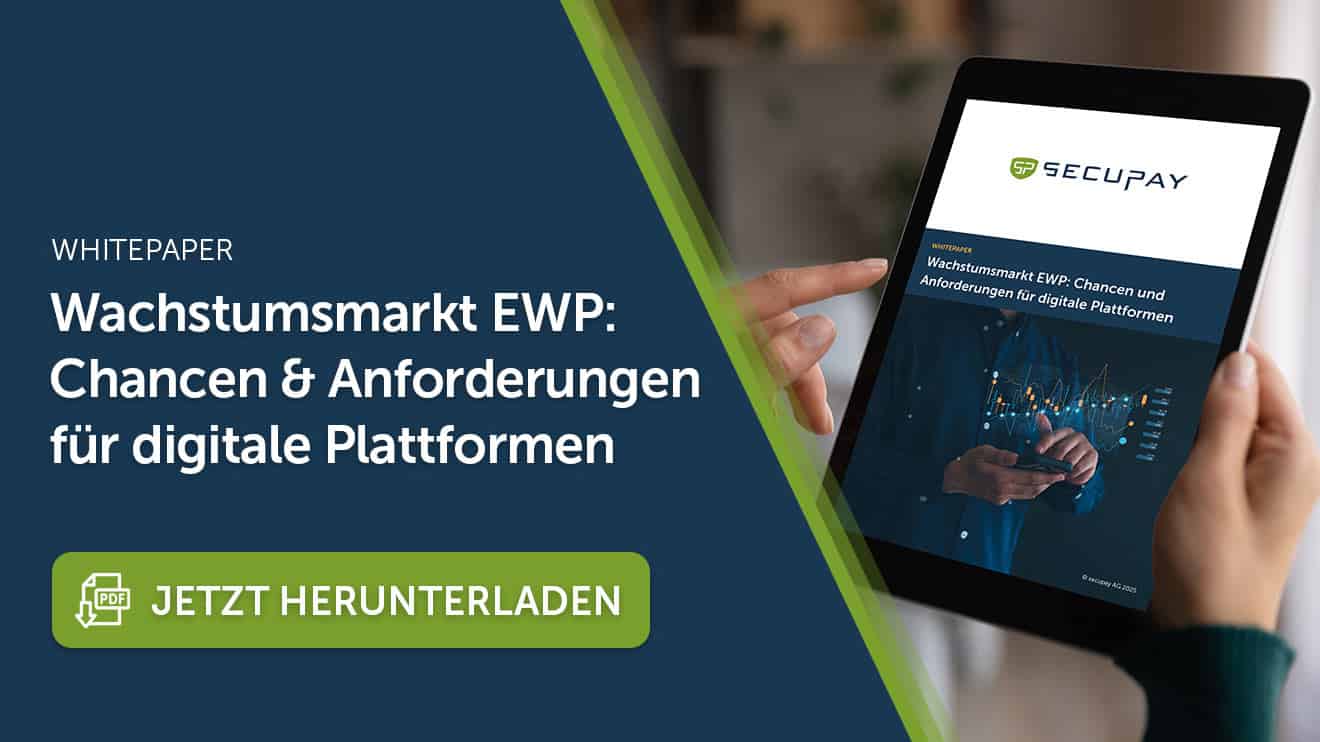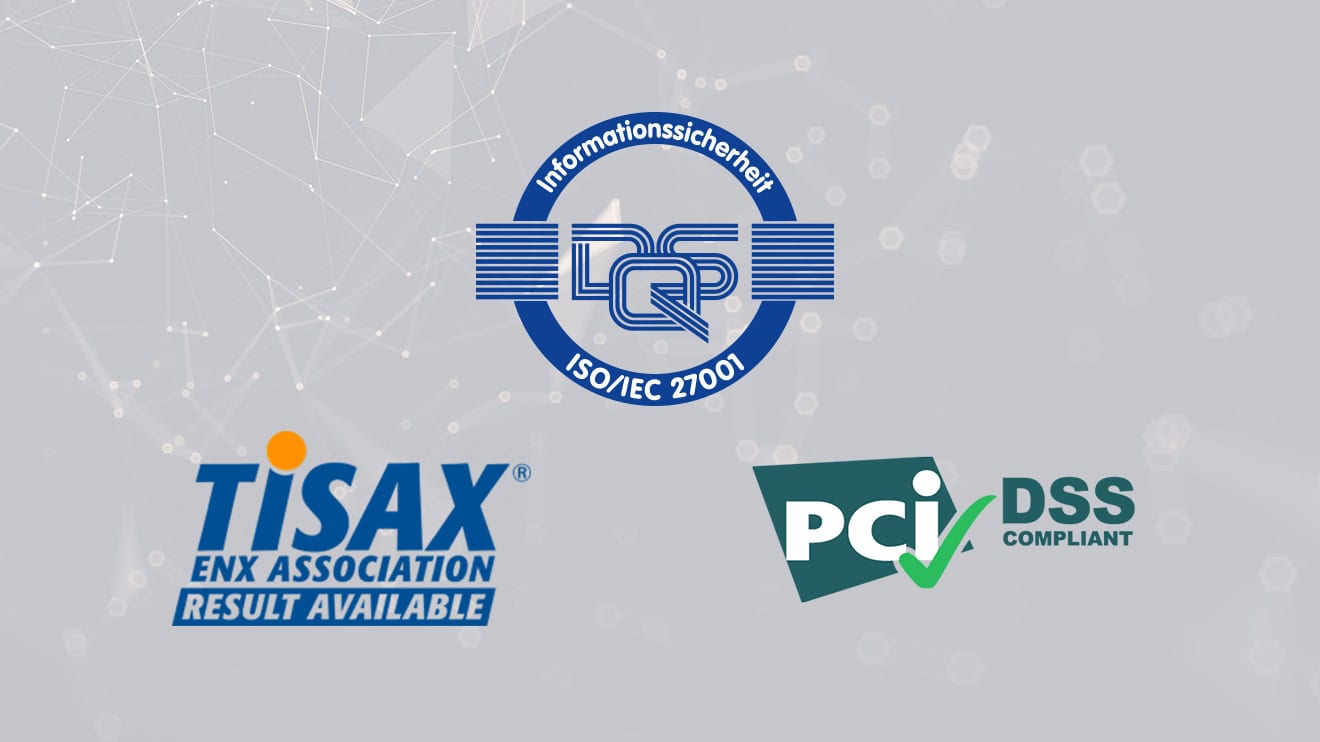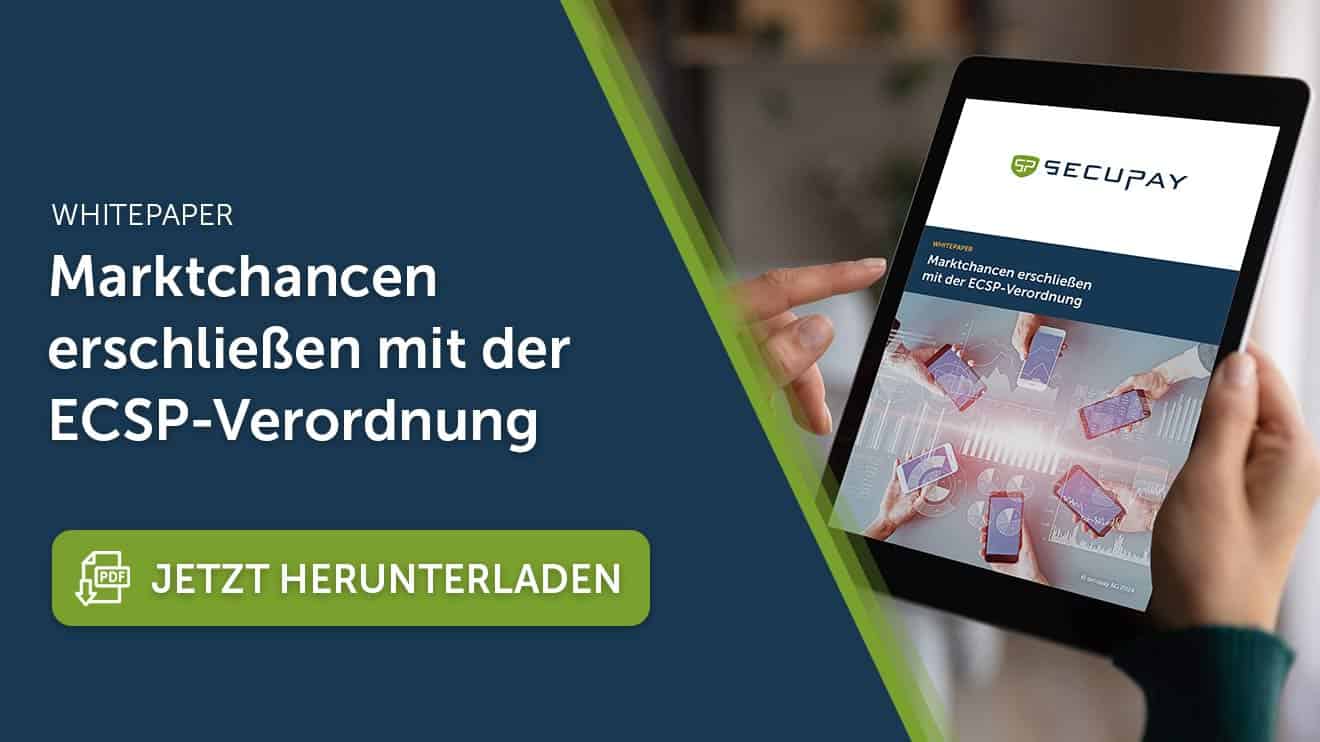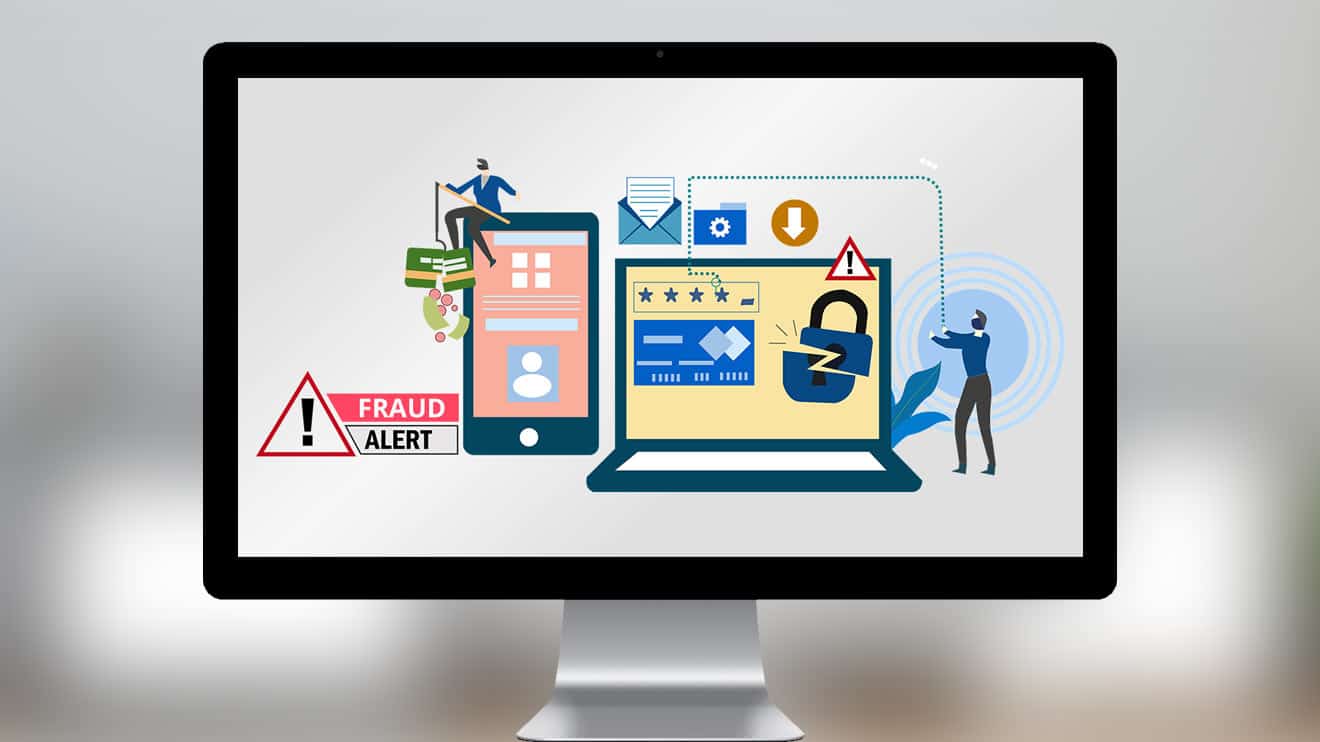New regulations in the 2022 Annual Tax Act (Jahressteuergesetz) shift the obligation to pay KapESt to the payment service provider
The Bundesrat’s (German Federal Council’s) approval of the Annual Tax Act 20221 (JStG 2022) will lead to changes for crowd investment platforms concerning how capital gains tax is handled. Up to now, the obligation to pay was the sole responsibility of the project issuer. However, if the latter uses a payment service provider to pay out the interest, the obligation to report and pay the capital gains tax on interest payments to the tax office has been transferred to the payment service provider since January 2023.

What is behind the capital gains tax in the crowd-investment sector?
Investment income from crowd-investments is subject to tax "if it is interest from receivables acquired via an Internet service platform. An Internet service platform in this sense is a web-based medium that brings together buy and sell orders in shares and other financial instruments as well as borrowers and lenders and thus mediates the conclusion of a contract;" (Sec. 43 (1) sentence 1 no. 8a Income Tax Act – EStG).
This means that interest income generated from investments in crowd-investment projects must be taxed.
Capital gains tax is levied as a flat-rate withholding tax. The amount of tax is independent of the investor's personal tax rate. Instead, interest income is taxed at a flat rate of 25% plus a 5.5% solidarity surcharge on the tax amount. Church taxes may additionally apply. This results in an effective tax rate between 26.375% (not subject to church tax) and 27.9951% (subject to church tax).
A calculation example
- With an investment of €20,000 and 5.0% interest per year, an investor receives €1,000 interest per year.
- This is subject to a 25% capital gains tax (25% of €1,000 = €250) plus a 5.5% solidarity surcharge on the capital gains tax (5.5% of €250 = €13.75).
- Provided there is no church tax liability, the amount of tax payable is, therefore, €263.75, i.e. 26.375% of €1,000.
By submitting an exemption instruction (Freistellungsauftrag), investors can have up to €1,000 of investment income exempted from the beginning of the year and thus receive their full interest amount. The exemption instruction must be submitted to the payment service provider. Several exemption instructions can be deposited with different payment service providers.
What has changed with the amendment to the law as of 1 January 2023?
Various amendments to Sections 43 et seq. of the German Income Tax Act (Einkommensteuergesetz – EStG) introduce new rules for the deduction of capital gains tax on capital transactions via Internet service platforms.
Since 01.01.2023, the following has applied: If a "credit, financial services or securities institution" is commissioned with the interest payment, the capital gains tax plus solidarity surcharge and church tax must be withheld and paid by this institution (Section 44 (1) sentence 4 no. 2a EStG). Until the end of 2022, the obligation to pay the final withholding tax lay with the project issuer; until 31.12.2020, it even lay exclusively with the investor declaring interest income via their personal income declaration.
In addition, the JStG 2022 now also regulates the tax liability for crowdlending proceeds. In the case of income from crowdlending loans via Internet service platforms, a mandatory capital gains tax obligation will exist in the future. The new provision is intended to ensure that the tax is withheld in all cases (Sec. 43 (1) sentence 1 no. 8a EStG).
How payment services support crowd-payment platforms
Licensed payment institutions such as secupay now handle the payment of capital gains tax including solidarity surcharge and church tax. They are automatically withheld and deducted when the investment income is paid out. To this end, crowd-payment platforms must transmit the relevant investor data before each interest payment – directly to the payment institution or via an intermediary tax firm. The assistance of an intermediary tax firm not only benefits issuers in the context of data preparation and submission but can also clarify issues such as non-assessment certificates, tax liability according to residence abroad or concerning the type of loan. According to the German Tax Advisory Act (StBerG), the payment institution may not provide this advice.
As part of the obligations imposed on you, the payment institution will also attend to investors receiving a tax certificate for the taxes paid, so that they can declare them as part of their tax return.




